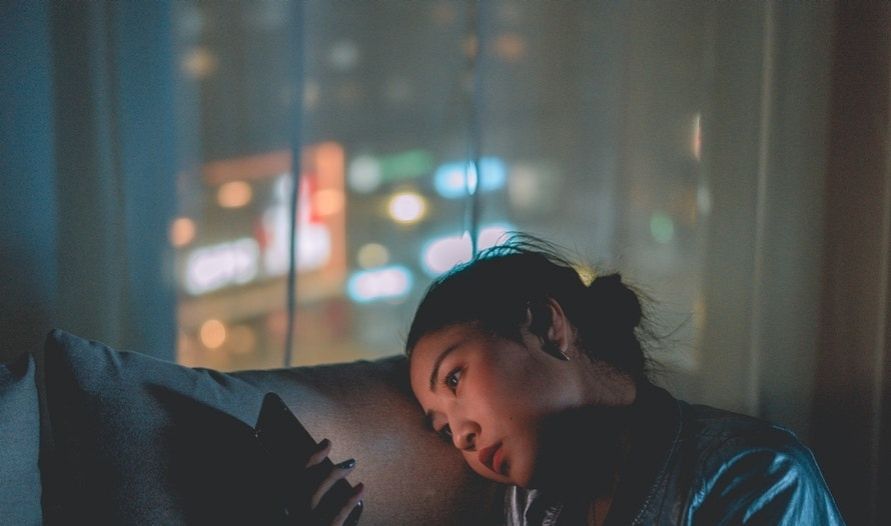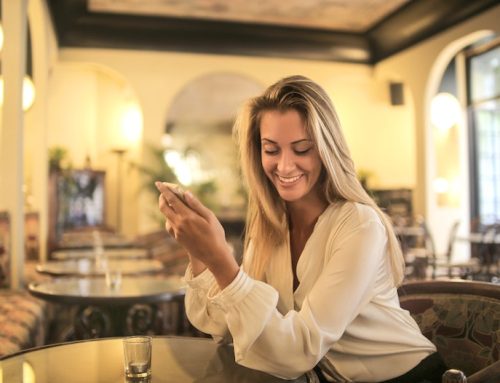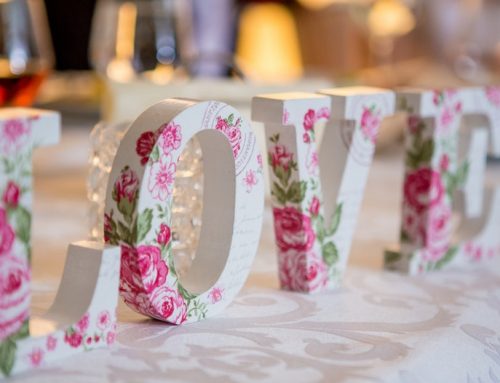
Global Love Report – December 22, 2021
by Dr. Justin R. Garcia, Executive Director of the Kinsey Institute, a Professor of gender studies at Indiana University, and scientific adviser to Match.
The pandemic has been hard on romantic relationships.
That’s the conventional wisdom—the idea that couples, locked down and scared, looked at their partner in a way they never had to before, and often didn’t like what they saw.
There is some truth to that picture. Many people with relationship problems and difficulties found that these got much worse. It became harder to get breathing room, to step away even for a while, to seek out resources, to develop an exit strategy. That was especially true for people in situations involving domestic violence.
But that sad story masks a much bigger truth: Most relationships thrived during the pandemic, providing all sorts of material and emotional support, and reminding us of the healing power of love. According to research we did at the Kinsey Institute at Indiana University, some 74% of married couples surveyed in late 2020 felt the pandemic strengthened their marriage, and 82% said it made them feel more committed.
That shouldn’t be surprising. In my research, I’ve argued that one of the main reasons humans evolved the tendency to form such intense romantic bonds was to allow us to master uncertainty, to respond to an unknown, complex, dangerous and opportunity filled world. For romantic partners, this past year became a time to lean into our relationships. It was the ultimate test.
Of course, we always have some interpersonal struggles, and many of us have seen increased tensions and need for compromise and communication during the pandemic. But that wasn’t a death blow to our relationships. Rather, it was a little bit of “what doesn’t kill us makes us stronger.” In fact, a study from researchers at York University in Canada, found that the top three things that couples said promoted growth in their relationships during the pandemic were “disclosure,” “being outdoors/in nature” and “discussing/planning for the future.”
The singles situation
These issues were different for single people. Single people faced questions of securing their social-support safety net. Many worried about getting ill, needing help, having access to stores and resources—and importantly, access to social connection. Humans are social primates; our physiology and brains need human connection to function and thrive. So for singles in particular this was a different social challenge.
Some predicted that vaccinations would drive a “Hot Vax Summer.” But the resurgence in casual sex never came. Rather, the height of sexual hookup culture appears to be in the rearview. Instead, this past year, we saw an increase in the number of singles who want to form meaningful relationships and date seriously.
Our annual Singles in America study with Match found that 62% of singles said they are seeking more meaningful, committed relationships, while only 11% are dating “casually.” Young people in particular were likely to say they want to be in a relationship within the next year: The figure was 81% among Gen Z respondents and 76% among Millennials.
The study also found that one in four single people had sex with a nonromantic roommate in the past year. Still, I think even that is a sign that people were looking to their close social connections to fulfill more of their intimate relationship needs. (“Oh, why did I never consider my roommate? We get along and enjoy each other and know how to live together already.”)
To put into context why singles today place more emphasis on stable relationships that can provide security and support, it’s worth noting that in the past year singles got better at taking care of themselves. Just under three-quarters of singles said they improved their ability to give priority to important things in their lives over the past year, including 66% who were better at caring for their mental health and 53% who were better at caring for their physical health.
Or consider this: In 2020, 90% of singles ranked physical attractiveness as one of the most important traits they want in a long-term partner. In just one year, that ranking fell dramatically to 78%, while trust, communication and open-mindedness took the top three spots for what people want in a mate. In fact, 39% of singles said that emotional maturity is the No. 1 thing they seek more of in a partner, above honesty, kindness and financial stability.
The video date
Meanwhile, technology has fundamentally changed the way people meet and connect, and that trend became only more significant in 2021. Remote work made video chatting commonplace, and single adults are bringing that experience into the dating arena. This year, according to our Singles in America study, one in four singles had a video date before meeting in real life, including half of young singles (51% of Gen Z and 45% of Millennials). About 70% of singles said their video date helped determine whether they wanted to meet in person.
I’ve come to believe that video dating will remain a permanent fixture in the modern courtship process even after the pandemic ends. It is an efficient, economical and effective way to do a “vibe check” before meeting in person.
While texts might seem a ubiquitous way to communicate in 2021, the demise of the phone call may be greatly exaggerated: More than 70% of singles said they prefer to get to know someone by talking to them on the phone rather than through text. Awkward conversations, whether in person or on a device, remain a big turnoff, particularly with older singles. Genuine conversation builds excitement and connection. Good communication is an eternal aphrodisiac.
Taken together, we’re witnessing a sea change in dating attitudes and behaviors. The desire for love and sex is baked into our human existence, but new research suggests that how we find and maintain intimate connections has changed over the past year. The hookup moment has likely passed. Today’s singles are focused on seeking and nurturing close relationships with mature partners over the long term. These trends represent a reset in modern dating culture, and could have the positive outcome of increasing stability and satisfaction in relationships for decades to come.
Originally published by Wall Street Journal.





